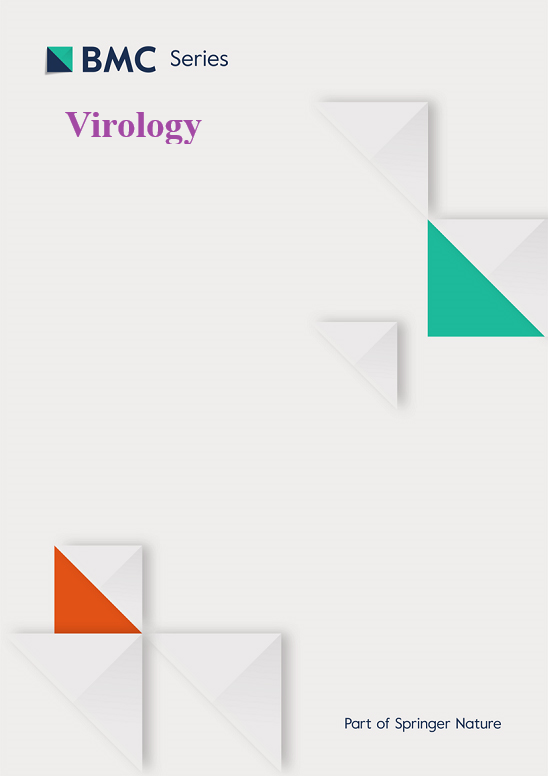The evolution and adaptation of dengue virus: Basic concepts and public health implications in Indonesia
IF 2.4
3区 医学
Q3 VIROLOGY
引用次数: 0
Abstract
Virus mutation and evolution are inevitable, including dengue virus (DENV). In fact, for a long time up to the present day, we have been confronted with the continuous evolution of viruses, marked by the emergence of novel viruses in humans with the potential to cause epidemics and pandemics. This review aims to emphasize the fundamental concepts of virus evolution, specifically in DENV, as well as its public health impact in Indonesia. As an RNA virus, DENV continuously evolves in the face of selection pressure, including that of the host immune responses. Observing the evolution of viruses in real-time will make us better prepared to face epidemics caused by DENV. Several studies conducted in Indonesia have demonstrated that a shift in the dominance of circulating serotypes is associated with an increased number of cases, underscoring the importance of population immunity in outbreak dynamics. A major outbreak in Indonesia in 2004 was associated with a shift from DENV-2 to DENV-3. A similar phenomenon was also observed once there was a genotype shift. Additionally, phylogenetic studies indicated an association between particular genotypes and the severity of diseases. In conclusion, these studies clearly demonstrate that viral evolution can have a significant impact on public health. Advanced next-generation sequencing technologies can be utilised to detect subtle genetic changes that may be associated with the onset of epidemics.
登革热病毒的进化和适应:印度尼西亚的基本概念和公共卫生影响
病毒突变和进化是不可避免的,包括登革热病毒(DENV)。事实上,在很长一段时间里,直到今天,我们一直面临着病毒的不断进化,其特点是人类中出现了可能引起流行病和大流行的新型病毒。本综述旨在强调病毒进化的基本概念,特别是登革热病毒进化的基本概念,以及其对印度尼西亚公共卫生的影响。DENV作为一种RNA病毒,在包括宿主免疫应答在内的选择压力下不断进化。实时观察病毒的演变将使我们更好地应对登革热病毒引起的流行病。在印度尼西亚进行的几项研究表明,流行血清型主导地位的转变与病例数量的增加有关,这强调了人群免疫在疫情动态中的重要性。2004年印度尼西亚发生的一次重大疫情与登革热病毒2型向登革热病毒3型的转变有关。一旦发生基因型转移,也会观察到类似的现象。此外,系统发育研究表明,特定基因型与疾病严重程度之间存在关联。总之,这些研究清楚地表明,病毒的进化可以对公众健康产生重大影响。先进的下一代测序技术可用于检测可能与流行病发生有关的细微遗传变化。
本文章由计算机程序翻译,如有差异,请以英文原文为准。
求助全文
约1分钟内获得全文
求助全文
来源期刊

Virology
医学-病毒学
CiteScore
6.00
自引率
0.00%
发文量
157
审稿时长
50 days
期刊介绍:
Launched in 1955, Virology is a broad and inclusive journal that welcomes submissions on all aspects of virology including plant, animal, microbial and human viruses. The journal publishes basic research as well as pre-clinical and clinical studies of vaccines, anti-viral drugs and their development, anti-viral therapies, and computational studies of virus infections. Any submission that is of broad interest to the community of virologists/vaccinologists and reporting scientifically accurate and valuable research will be considered for publication, including negative findings and multidisciplinary work.Virology is open to reviews, research manuscripts, short communication, registered reports as well as follow-up manuscripts.
 求助内容:
求助内容: 应助结果提醒方式:
应助结果提醒方式:


